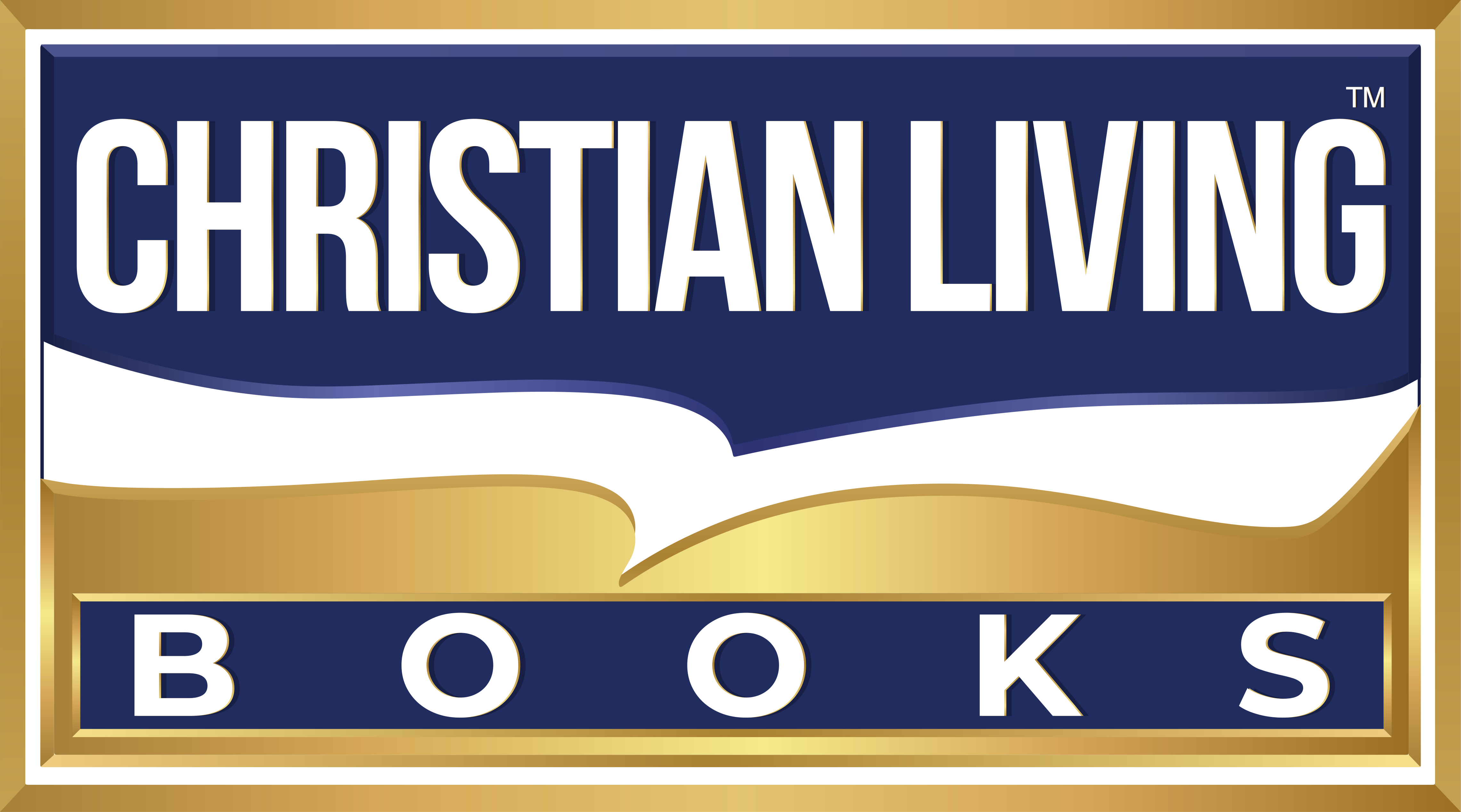By Tucker Max
Unless you’re one of the household name authors, then you have to assume that most of the people thinking about buying your book will not know who you are. So how will they learn about you? For most readers, they will learn about you from the author bio that’s on your book, your Amazon page, and most marketing materials.
Why Your Author Bio Is So Important
The “Author Bio” section will impact sales, reputation and often determine what media you get.
It impacts sales very directly. “Author reputation” is consistently cited as one of the main factors that influence book buying. If you can establish yourself as an authority on your book topic, readers will be much more inclined to buy your book, read it, and regard you the way you want them to. People are considering spending their disposable income on your book and they are looking for a reason to do it or not do it, and a great bio helps then do it (while a bad bio will often stop them).
Furthermore, if you want your book to help create a business for you, or establish your credibility or authority in a subject, often the author bio is more important than what’s actually in the book—the sad but true reality is that more people will read your author bio than your actual book. It takes a long time to read a book, but it’s very easy to make a snap judgment based on a short paragraph, and most people do that.
This is doubly true for media. Most people in media work very hard under tight deadlines, and don’t have time to read long books or even long, meandering pitch emails. But a good author bio cuts right to the point by saying: this is a person who is important and I need to pay attention.
How to Write Your Author Bio
Writing about yourself as an author is typically a task that most writers shy away from, but writing an effective author bio doesn’t have to be so painful. In fact, with a few simple steps you can have an effective bio that will not only impress interested publishers, but also help sell your book.
Less is usually more when it comes to author bios, and you want to make sure you do (and don’t do) the following:
- Demonstrate your authority and credibility on the subject of your book (but don’t overstate it)
- Include things that build credibility or are interesting (without going overboard)
- Mention your website and any books you have previously written (but don’t oversell them)
- Drop some relevant names, if they are appropriate (without being crass about it)
- Keep short and interesting (without leaving anything important out)
You notice a pattern here? Good author bios walk the line between avoiding boring and uninspiring, while not being ridiculously over-promotional and arrogant.
Now we’ll break each category down, and then give you tons of examples:
Demonstrate your authority and credentials on your book subject
Whatever your book is about, it’s important that you establish your credentials in that area. For example, if you’re writing a diet book, mention anything sort of professional degrees or training, or other things that clearly signal your authority and credibility.
If you struggle with what to say about yourself, remember that the idea is to make it clear why you’re credible and professional (as opposed to an unknown, untrusted source), i.e., why the reader should listen to you. For some types of books and authors, this is harder to do. If there is no clear way to signal direct authority or credentials—for example, a novel or a book about your life stories—then don’t make up things or try to “invent” authority. Focus on the other parts of the author bio.
Include things that build credibility or are interesting to the reader
In your author bio you’ll want to include some things you’ve accomplished in your life, especially if you don’t have direct credentials and authority in the book subject matter. This will help your audience understand why they should spend their time and money reading what you’ve got to say. If you have something about you or your life that is unusual, even if it’s not totally relevant, you should still consider putting it in your bio. For example, if you were a Rhodes Scholar, or you started a major national organization, or won a national championship in ping-pong—whatever. The point is to show the reader that you have done things that matter, even if they don’t matter to the book.
If you are lacking on credentials or exciting things, you can always put in your passions and interests. Anything that you enjoy doing, writing about or consider a hobby, especially if they are relevant to the book topic. That being said, do NOT ramble on and on about things that reader doesn’t care about. Put yourself in your readers shoes, and ask yourself, “Does this fact really matter to anyone but me?”
Mention any books you’ve written, and your website
If you’ve written other books, especially on that subject, make sure to mention them. If they’re bestsellers or won awards, even better. If you’ve won multiple awards and you are finding that listing them all is becoming tedious, aim for brevity instead. Simply writing “John Smith is an award winning author whose works include …..” is more than enough to show your readers you know what you’re doing. If you have a website, a longer bio-page or anything else that helps promote your brand then you should make sure you include it at the bottom of your bio (assuming this meets your goals). Again, you don’t want to brag here so just be humble and simply put something like “Find out more about John at www.johnsmithwriter.com”. It’s simple and has a clear call to action.
Drop some relevant names, if they are appropriate
Yes, name dropping can be really off-putting if it’s done wrong. But there is a right way to do it. For example, if you are relatively unknown, you can say something like, “The woman that Seth Godin called “the most important writer of our time” reveals to you the secrets of…” This way you are trading on Seth Godin’s reputation, and establishing your credentials at the same time (assuming he said this). Also, if you’ve worked for or with very well-known people, name dropping is not seen as bad; it’s seen as an effective signal to the reader of your importance and ability. What matters is that there is a reason that you are using someone else’s name that make sense, and is not just a gratuitous name drop.
Keep short and interesting
While your readers are interested in finding out more about you, they don’t want to get bored, or listen to arrogant braggadocio about how great you are. If your bio is too long, or too full of overstated accomplishments and awards, it will turn your readers off and actually make you look less credible. Typically if you keep your bio under 250 words you’re going to be ok. Anything longer than that means you’ve gone on too long about your accomplishments, your personal life or both. Cut it down to the most important things.
Remember: Your Bio Grows as You Grow
Treat your bio as a living document. Just because you’ve written it once, does not mean it’s finished. As you grow and change as a writer so too should your bio. Also, remember that if you are writing for different genres or different topics that some of your accomplishments and past works will be more relevant to your readers than others. It’s not a bad idea to tweak your author bio for each new work you release.
If You Can’t Write About Yourself, Have Friends Help You
People, especially writers, have a hard time writing about themselves. Often, the Author Bio is the most difficult part of the marketing process.
If you are unsure about whether your author bio seems either incomplete, or too arrogant, run it by a few friends for feedback. It’s always easier for your friends to praise you and see the amazing things you do.
Conclusion: Take This Seriously
Getting your author bio right is an important task. In fact, this small section is usually the ONLY source of information potential readers have about you (the author), and that’s why it is one of the most important pieces of marketing material you write for your book. Take it seriously, get it right, and it will help you sell books.
[Tucker Max is the Co-Founder and Director of Product for Book In a Box]

